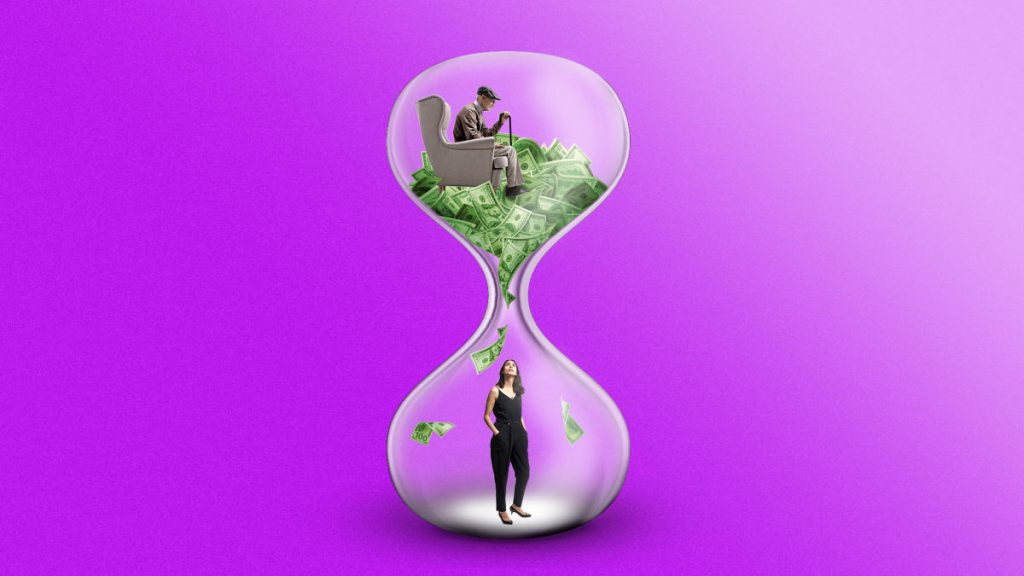Baby boomers, those born between 1946 and 1964, have amassed a significant amount of wealth, totaling around $80 trillion. This has been fueled by factors such as rising housing values and sustained stock market growth. With the oldest boomers now reaching their 80s, some of this wealth is starting to be passed down to younger generations, marking the beginning of what is known as the Great Wealth Transfer. In the coming decades, economists estimate that the children of boomers, mainly millennials born between 1981 and 1996, stand to inherit as much as $70 trillion to $90 trillion in assets in the U.S. alone, potentially making them the richest generation in history.
While some experts see the Great Wealth Transfer as an opportunity for millennials to regain economic ground lost due to recessions, the coronavirus pandemic, and rising costs, others believe it will further entrench inequality. The wealthiest 10% of Americans hold the majority of the country’s assets, meaning their heirs will receive the bulk of the wealth transfer. There are calls for stronger inheritance taxes to distribute boomers’ wealth more equitably. Some experts also question how much wealth will actually be passed down, with concerns that many boomers will spend their wealth on things like health and elder care before they die, impacting the amount available for transfer.
The impact of the Great Wealth Transfer is expected to be significant, not only on the economy but also on culture and politics. Some argue that the transfer of wealth will help younger generations shape the country to fit their tastes and political worldview by giving them increased buying power. Others believe it will widen the gap between the wealthy and those less fortunate. There are diverse perspectives on the potential outcomes of this transfer, with experts debating how much of the wealth will be passed down and who will benefit the most.
The transfer of wealth could have a positive impact on gender inequality, as younger generations of women, who tend to be more financially literate and educated, are expected to receive a greater share of the inheritance. This could help narrow the gender wealth gap. While some believe that even smaller inheritances could be life-altering for those in the middle and lower classes, others argue that most of the inherited wealth will end up with those who do not necessarily need it. There are also calls for new laws to ensure that the wealth accumulated by boomers serves the country as a whole, building on the achievements of advocates who helped create a more equitable distribution of wealth in the mid-20th century.
The transfer of wealth could give younger generations, including Gen Z and millennials, significant financial power, enabling them to influence corporations, societies, and governments. However, most millennials may not receive inheritance when they need it most, as the wealth transfer is not expected to occur until later in their lives. The Great Wealth Transfer is a complex phenomenon with far-reaching implications, sparking debates about how it will impact different segments of society and whether it will ultimately lead to greater equality or exacerbate existing disparities.


